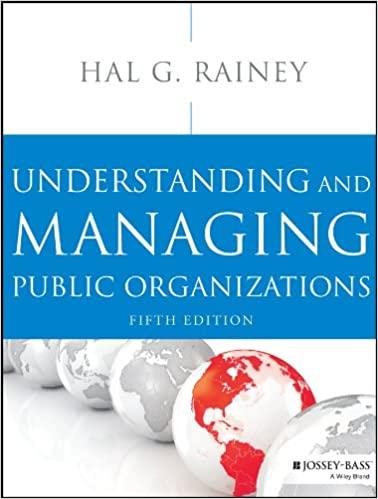Question
The case analysis presented below is based on the following model of the tasks that those who run a public o private school must perform
The case analysis presented below is based on the following model of the tasks that those who run a public o private school must perform and is reflected in the following diagram (MODEL):

The case study: At David Kings School, widely known in recent years in its educational region for its good academic results and its commitment to the community, the school council is very concerned because, although they are happy with their achievements over the last three years, they feel that these have been achieved thanks to the hard work of the entire community. They do not believe it is possible for that effort to be sustained any longer, as it has meant additional work from students, teachers, parents, community leaders and the council.
The situation is aggravated by the new demands that the Department of Education has placed on schools to implement a management planning and accountability system. This system must allow for systematic monitoring of work in each of its areas. To do this, the school council is aware that they must implement changes to the culture of the organization. Today, your organizational culture is built around day-to-day work, rather than planning or evaluation.
Among the positive aspects, the council highlights the good relationships that they have managed to develop within the organization and with the community that is part of its environment. Management has created reflection groups and made improvements at the level of the personnel who are part of these groups. There are also other groups that operate separately and some of these are made up of members of different committees, students, and parents. Each group meets once a month to analyze a topic that needs to be improved at school. Then, they write a minute with the reflection made, considering all aspects of the situation, and proposing improvement actions. On a monthly workday, the school council focuses on discussing the proposals, defining the relevance and feasibility of implementing the ideas, from a technical and economic perspective, and prioritizing them according to their relevance. When several ideas or problems are repeated, the council qualifies the issue with greater urgency and considers this aspect when prioritizing the execution of the proposed improvements. Although the mechanism has worked, some teachers complain that management does not communicate how the initiatives originate and why they need to be developed. The teachers appreciate that the school council shows so much enthusiasm for the school to work and that they worry about motivating everyone, because when someone or a group gets discouraged, there is always a member of the school council who talks to them and fills them with energy. again. Teachers feel listened to and find that management cares about them and their problems. However, they think that there are several issues that remain to be resolved to improve the work environment and well-being of those who work at the school. If the school board wants to continue making changes, it will have to overcome the resistance of those who oppose its management because they find that they care more about relating to the community, the municipality, the Department of Education, and community leaders than about solving problems. school inmates. However, the majority of the school community has a different opinion on the matter.
The students highlight the fact that the director and the rest of the members of the school council behave coherently with what they say in the meetings. They have rarely seen any of them act contrary to what they try to instill in school. However, some leaders believe that the speech is already exhausted and that new ideas will be needed to maintain the community's trust in the school council and continue to have everyone's support to make the required changes and for the organization to continue developing. One of the errors that the school council has identified in the process carried out over the last three years is that, although it was possible for the community members to accept the educational changes, planned and evaluated communication actions were not generated so that the transformations were implemented. internalized in the staff. Nor were they formalized enough to institutionalize them. Both strategies would have achieved acceptance of educational change and the commitment necessary to bring about it in the school culture.
Based on the model and case study, answer the following questions:
- Can you explain in detail the problem presented by the demonstrated case study?
- Based on the model identified above, can you identify the leadership tasks that the principal and the school council are developing and point out what are the concrete practices that demonstrate the completion of each task?
- Based on the same model identified above, can you identify the leadership tasks that the principal and the school council are NOT developing, and point out what are the negative consequences for the change process that must be carried out?
- What initiatives would you propose as the school's educational leader to improve the leadership team's leadership exercise, based on the tasks proposed in the model described above?
- Can you comment on the strengths that, as a school leader, will help you handle confronting situations?
- Can you mention some weaknesses that, as a future school leader, you identify when analyzing the case study above?
- What is the importance of communication in the educational environment?
- Can you offer your perspective on the case study presented above?
Step by Step Solution
There are 3 Steps involved in it
Step: 1

Get Instant Access to Expert-Tailored Solutions
See step-by-step solutions with expert insights and AI powered tools for academic success
Step: 2

Step: 3

Ace Your Homework with AI
Get the answers you need in no time with our AI-driven, step-by-step assistance
Get Started


